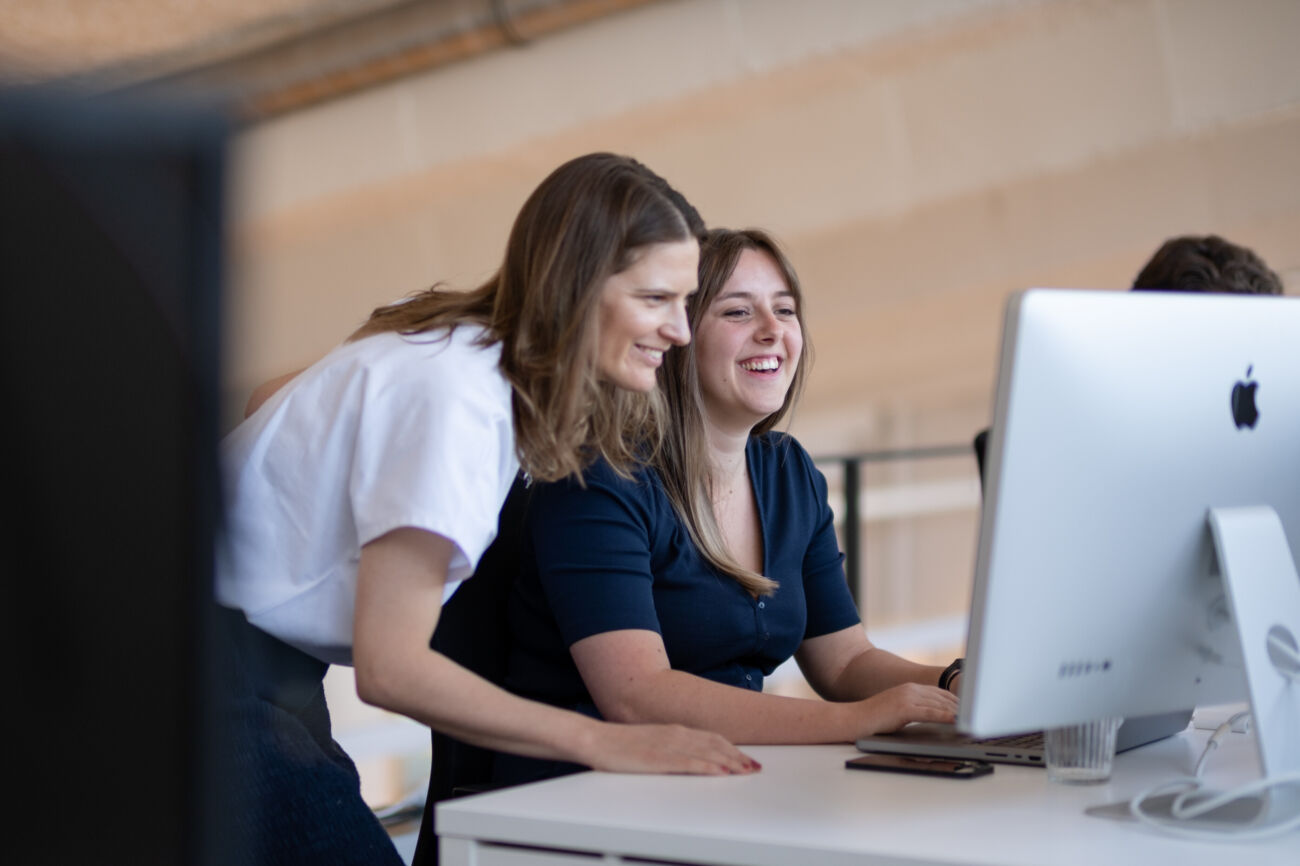“You have to embrace AI.” It’s a phrase you’ve probably heard a hundred times. And while it sounds like a cliché, there’s truth in it. As a digital product agency, at icapps we don’t just use AI, we collaborate with it. GenAI tools are appearing everywhere, and it can be overwhelming to know which ones actually add value. To guide our developers, we decided to put a selection of tools to the test.
“The research started as a simple idea: compare several GenAI tools that have generated a lot of buzz lately,” explains Maarten Anckaert, our Innovation Manager. “At icapps, we encourage our developers to experiment, but we also wanted to list the tools that genuinely empower experienced developers. Most online comparisons focus on tools for people without a technical background. We wanted to do it differently: which tools actually help our developers work smarter, free up time for what they enjoy, and create real value?”
To structure the research, we set up a clear baseline project and divided the tools into three categories. To make the comparison more tangible, we coined our own names for these categories. Simple labels that capture the level of guidance each tool provides:
Hold-your-hand tools: Lovable, Bolt and Firebase Studio
Code-first tool: Claude CLI
Middle-ground tools: Cursor and Co-pilot via Visual Studio Code
Each category tackled the same set of tasks, small enough to explore the tool in a limited timeframe, but realistic enough to replicate our daily workflows. Every tool was examined in depth: what works, what doesn’t, and how developers can maximize its potential. The goal wasn’t just testing functionality, it was understanding how AI can genuinely boost productivity, creativity, and control in real development workflows.
“AI isn’t here to replace our developers, it’s here to be a strategic partner. Our research shows how to leverage these tools wisely, so teams can deliver smarter, faster, and with greater impact”, Maarten concludes.
Want to explore the full results and insights from our research?


